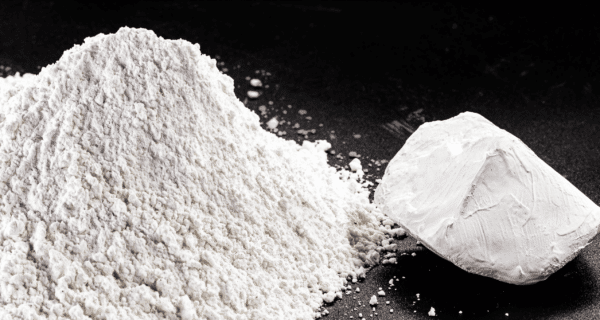Andromeda Metals has confirmed that its Great White CRM product can enhance the whiteness of porcelain tiles.
Great White CRM is a refined, dried, bagged product for use by end-users in the high-end ceramics market. It comes from the Great White kaolin project in South Australia.
A new report, based on test work conducted by the Institute of Ceramic Technology in Spain, found that Great White CRM can replace up to 20 per cent of zircon, a more expensive commodity used within the ceramics industry.
“The study carried out has allowed us to conclude that the use of Great White CRM kaolin in porcelain tile compositions increase their whiteness with respect to standard kaolins,” the ITC report said.
“The same improvement is observed when zircon is used, although the increase depends on the percentage of zircon.
“Therefore, the main conclusion of this study is that the use of Great White CRM kaolin in porcelain tile composition can reduce zircon content in percentages of up to 20 per cent depending on the whiteness to be achieved and the mixture of raw materials used.”
Andromeda managing director and chief executive officer Bob Katsiouleris described the report’s results as “outstanding”, adding they outline “a strong competitive advantage against other kaolins available in the market.”
“The report supports the premium pricing achieved by Andromeda for Great White CRM, through demonstrating the high value in use of using Great White CRM in porcelain tile formulations, by reducing the need for higher priced zircon to achieve a required level of whiteness,” Katsiouleris said.
“This is particularly so given zircon prices have been consistently trading above $US2000 ($3027) per tonne.”
The new report follows Andromeda fast-tracking expansion plans for Great White last month, citing anticipated sales volumes for the project’s kaolin products under binding agreements currently exceeding the planned production of 50,000 dry tonnes per annum.



